Technologies | Bi-Functional Antibody Drug Conjugates (ADCs)
Leveraging our Delta receptor technology, we are developing first-in-class bi-functional antibody drug conjugates to target Myeloid Derived Suppressor Cells (MDSCs): cells which are responsible for creating an immunologic sanctury through their immunosuppressing effects on the tumor microenvironment (TME). The TME is the tissue surrounding a tumor; MDSCs are a heterogeneous group of immature myeloid cells that are characterized by the ability to suppress both innate and adaptive immune responses. MDSCs are generally believed to be responsible for T cell exhaustion and acquired resistance to checkpoint inhibitors and cellular therapies. Utilizing our ADCs to inhibit the immune suppressing effects of MDSCs, while localizing an immune checkpoint inhibitor or T cell activator in the TME, we may be able to prevent T cell exhaustion and acquired resistance to checkpoint inhibitors and cellular therapies, allowing them to continue working.
Targeting MDSC Immune Suppressing Function is an Attractive New Strategy to Overcome Acquired Resistance to Checkpoint Inhibitors and Cellular Therapies
Facts about MDSCs
Normally produced during pregnancy populate placenta to create an immune sanctuary to protect fetus from mother’s immune system recognizing paternal foreign antigens.
“Hijacked” by tumors to populate the TME, tissue where tumor lives Produce multiple immune suppressive factors, including iNOS, Arg-1 and IDO.
Provides tumor an Immune Sanctuary causing T cell, NK cell exhaustion and checkpoint inhibitors to stop working. In cancer, MDSCs use multiple effector molecules and signaling pathways to regulate immune suppression in the TME. One main mechanism involves depletion of necessary amino acids like arginine through production of arginase (Arg-1), or “destruction” of inflammatory cytokines via production of inducible nitric oxide (iNOS), in addition to anti-inflammatory prostaglandins (COX2), immune suppressing cytokines like transforming growth factor beta (TGF-β) or Interleukin 10 (IL-10).
ADCs: Inhibiting and Reprogramming MDSCs
TuHURA’s Bi-Functional ADCs represent a new class of ADCs and a paradigm shift in this important therapeutic class of drugs
First to identify the presence of a novel Delta receptor present in high quantities on the surface of tumor associated MDSCs
Delta receptor represents a “master switch” controlling multiple MDSC pathways responsible for creating immune sanctuary where tumor lives
Developing Delta specific and selective small molecule inhibitors as core for Company’s bi-functional antibody-drug conjugates (ADCs)
We Believe Our Bi-Functional ADCs Have the Potential to Overcome the Current Challenges of Acquired Resistance to Immunotherapies
Blocks MDSC production of multiple immune suppressing soluble factors while carrying a checkpoint inhibitor to the tissue where the tumor lives
Removes the tumor’s “protective” immune sanctuary while checkpoint releases T cells to attack and eradicate the tumor
Prevents T cell, NK cell exhaustion while allowing these cellular therapies to keep working
Overcomes acquired resistance to checkpoint inhibitors, allowing them to produce longer lasting anti-tumor responses
Increases safety and efficacy of immuno- and cellular-therapy
Additional Resources






